| | ||||||||||||||||
| ||||||||||||||||
| Turnout | 1,388 | |||||||||||||||
|---|---|---|---|---|---|---|---|---|---|---|---|---|---|---|---|---|
| ||||||||||||||||
| ||||||||||||||||
The 1880 Wellington City mayoral election was part of the New Zealand local elections held that same year to decide who would take the office of Mayor of Wellington.
| | ||||||||||||||||
| ||||||||||||||||
| Turnout | 1,388 | |||||||||||||||
|---|---|---|---|---|---|---|---|---|---|---|---|---|---|---|---|---|
| ||||||||||||||||
| ||||||||||||||||
The 1880 Wellington City mayoral election was part of the New Zealand local elections held that same year to decide who would take the office of Mayor of Wellington.
Incumbent mayor William Hutchison sought re-election and was returned for another term. [1] His opponents were city councillors Andrew Young and Dr. Henry William Driver as well as Irish born auctioneer Thomas C. Dwan. [2]
The following table gives the election results:
| Party | Candidate | Votes | % | ±% | |
|---|---|---|---|---|---|
| Independent | William Hutchison | 561 | 40.41 | −24.06 | |
| Independent | Andrew Young | 475 | 34.22 | ||
| Independent | Henry William Driver | 191 | 13.76 | ||
| Independent | Thomas Dwan | 161 | 11.59 | ||
| Majority | 86 | 6.19 | −22.75 | ||
| Turnout | 1,388 | ||||

The Mayor of Wellington is the head of the municipal government of the City of Wellington. The mayor presides over the Wellington City Council. The mayor is directly elected using the Single Transferable Vote method of proportional representation. The current mayor is Tory Whanau, elected in October 2022 for a three-year-term.

Sir William Appleton was a New Zealand local body politician, advertising agent and leading company director. He was Mayor of Wellington for two terms from 1944 to 1950 after serving as a city councillor from 1931 to 1944. He was knighted in 1950.

George Allen was Mayor of Wellington, New Zealand, for three weeks in 1879.

The 1901 Wellington City mayoral election was part of the New Zealand local elections held that same year. In 1901, elections were held for the Mayor of Wellington plus other local government positions including twelve city councillors. John Aitken, the incumbent Mayor, was re-elected to office as Mayor of Wellington, beating Thomas Wilford. The polling was conducted using the standard first-past-the-post electoral method.
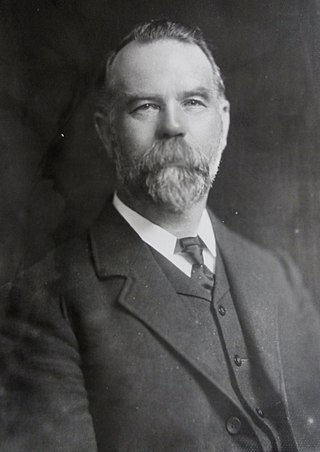
The 1917 Wellington City mayoral election was part of the New Zealand local elections held that same year. In 1917, elections were held for the Mayor of Wellington plus other local government positions including fifteen city councillors, also elected biannually. The polling was conducted using the standard first-past-the-post electoral method.
The 1921 Wellington City mayoral election was part of the New Zealand local elections held that same year. In 1921, elections were held for the Mayor of Wellington plus other local government positions including fifteen city councillors. The polling was conducted using the standard first-past-the-post electoral method.

The 1935 Wellington City mayoral election was part of the New Zealand local elections held that same year. In 1935, elections were held for the Mayor of Wellington plus other local government positions including fifteen city councillors. The polling was conducted using the standard first-past-the-post electoral method.

The 1944 Wellington City mayoral election was part of the New Zealand local elections held that same year. In 1944, election were held for the Mayor of Wellington plus other local government positions including fifteen city councillors. The polling was conducted using the standard first-past-the-post electoral method.

The 1876 Wellington City mayoral election was part of the New Zealand local elections held that same year. William Hutchison, the incumbent Mayor sought re-election and retained office unopposed with no other candidates emerging.

The 1950 Wellington City mayoral election was part of the New Zealand local elections held that same year. In 1950, elections were held for the Mayor of Wellington plus other local government positions including fifteen city councillors. The polling was conducted using the standard first-past-the-post electoral method.

The 1904 Wellington City mayoral election was part of the New Zealand local elections held that same year. The polling was conducted using the standard first-past-the-post electoral method.
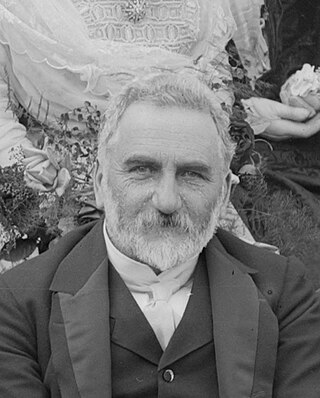
The 1908 Wellington City mayoral election was part of the New Zealand local elections held that same year. The polling was conducted using the standard first-past-the-post electoral method.
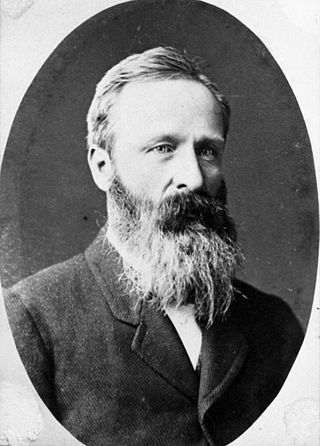
The 1874 Wellington City mayoral election was the first election for the Mayor of Wellington to be conducted by public vote. The election was won by William Sefton Moorhouse, who defeated former mayor Joseph Dransfield.

The 1877 Wellington City mayoral election was part of the New Zealand local elections held that same year to decide who would take the office of Mayor of Wellington.

The 1878 Wellington City mayoral election was part of the New Zealand local elections held that same year to decide who would take the office of Mayor of Wellington.

The 1879 Wellington mayoral election was part of the New Zealand local elections held that same year to decide who would take the office of Mayor of Wellington.
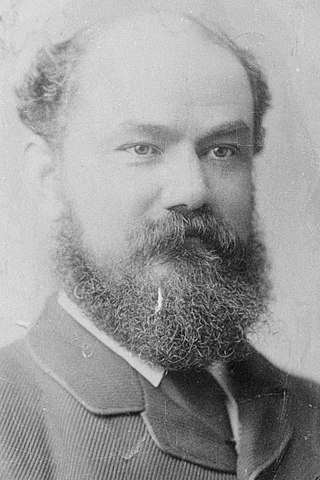
The 1881 Wellington City mayoral election was part of the New Zealand local elections held that same year to decide who would take the office of Mayor of Wellington.

The 1882 Wellington City mayoral election was part of the New Zealand local elections held that same year to decide who would take the office of Mayor of Wellington.

The 1883 Wellington City mayoral election was part of the New Zealand local elections held that same year to decide who would take the office of Mayor of Wellington.
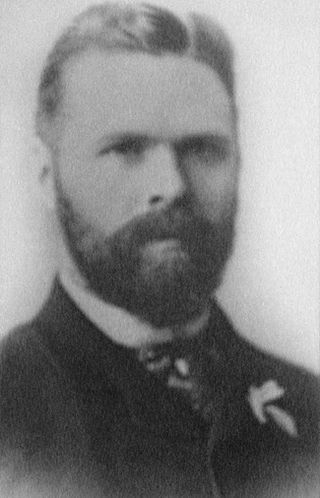
The 1885 Wellington City mayoral election was part of the New Zealand local elections held that same year to decide who would take the office of Mayor of Wellington.